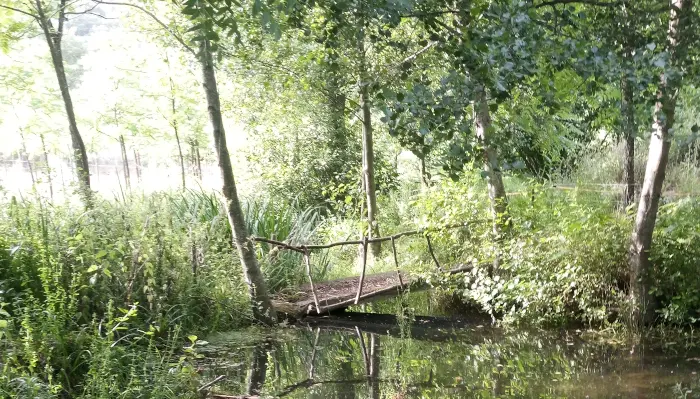- cross-posted to:
- [email protected]
- [email protected]
- [email protected]
- cross-posted to:
- [email protected]
- [email protected]
- [email protected]
“It feels like everyone is now choosing its side. You can’t stay in the middle anymore. You are either dedicating all your CPU cycles to run JavaScript tracking you or walking away from the big monopolies. You are either being paid to build huge advertising billboards on top of yet another framework or you are handcrafting HTML.”
I’ve never really used corporate social media, but what I noticed was, that a lot of communities and platforms shifted towards them during the late 00s/early to mid 2010s. I pretty much grew up using IRC, BBS and newsgroups for discussions and interactions; most of the communities I’ve been a part of switched to either facebook (for the non-tech communities) and things like discord during the 2010s. I felt like many blogs just vanished around that time as well.
However, as of 2017 things started to change again, with activity pub based platforms, a healthier blog landscape, protocols like gemini, matrix (as well as XMPP). I wouldn’t say that there’s a splitting of the web ongoing, as to me, it rather feels like going back to normal and more and more people realizing that corporate social media loosing it shine as the ad-based attention economical dynamics of these platforms aren’t a good foundation for social communities.
The corporate social web to some extend feels smiliar to most contemporary urban areas here in Europe; where every squaremeter is commercialized and no matter where you go, you seem to have always the same bland choice of chains, the same overpriced cafès with “modern industrial interior” and so on, and architecture with a certain hostility towards people to it. Especially during the last 3 years I’ve noticed more and more people growing sick of this and there’s a certain demand for non-commercialized social spaces (libraries, community gardens and centres), and I’d say, the same applies to the internet as well; which is why non-commercial platforms and communities gain some traction again.



